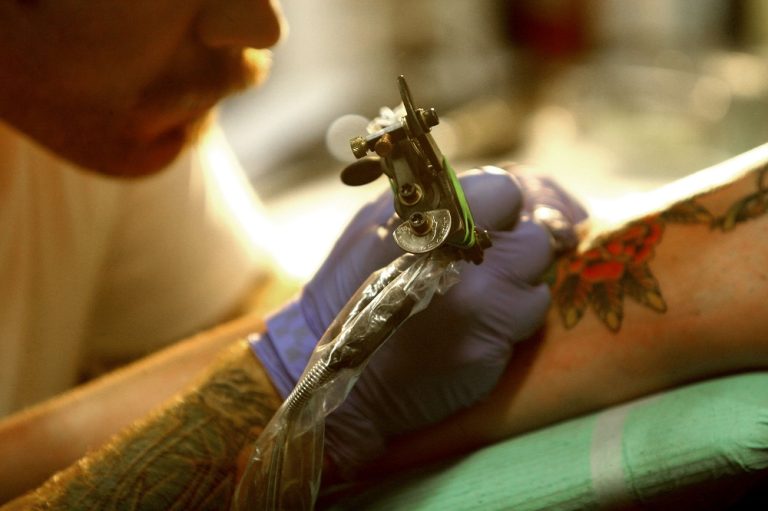Depression and alcohol use are a dangerous combination that is best treated with support from professionals and with support from loved ones. TMS is a newer procedure used when an individual’s depression symptoms have been resistant to more traditional forms of treatment. TMS uses magnetic pulses to stimulate parts of the brain to increase neurotransmitter production, similar to how medications are intended to act. This treatment approach is more direct than medications and can produce excellent results. Atypical medications, also referred to as second-generation antipsychotics, have become some of the most prescribed medication to help treat depression. Antipsychotic medications are used in small doses concurrently with other antidepressants to help heighten the effects of the primary medication and increase serotonin levels.
Does alcohol make depression worse?
Generally, you should limit your intake to 14 units does alcohol make depression worse of alcohol in a week — this is equal to six standard glasses of wine or six pints of lager. Be sure to spread those drinks out evenly over the week and have drink-free days in between. Alcohol can also affect the areas of a person’s brain that assist in regulating emotions.
Alcohol and Depression: Understanding the Connection
Alcohol can also worsen the side effects of antidepressants, which include dizziness, drowsiness, insomnia, blurred vision, headaches, and more. Long term heavy drinking seems to reduce GABA levels in the brain, which research suggests can ultimately make depression worse. Decreased GABA levels may also lead to increased anxiety, which can increase feelings of depression as well. Alcohol is a depressant, which means it can interfere with the body’s natural balance of chemicals that regulate mood. Studies have found that people with depression have higher rates of drinking and are more likely to develop alcohol-related problems than those without depression. Heavy alcohol use can worsen symptoms of depression, interfere with medications, and make it difficult to recover.
- When treating depression and substance abuse, consult with a mental health professional and/or an addiction specialist who can provide resources and recommendations for possible treatment options.
- Chronic alcohol use can deepen the depressive state, leading to increased feelings of sadness, hopelessness, and emotional numbness.
- Recognizing the signs early combined with integrated professional care offers the best chance at breaking free from this destructive cycle.
- It’s important to remember, however, depression isn’t your fault and you’re not alone in getting help.
- Cognitive behavioral therapy (CBT) is often used to help individuals with depression, and it may also prove useful for those with alcohol use disorder.
Therapy
Alcohol and other addictive substances affect the pleasure and reward center of the brain, triggering the release of chemicals that produce joy, euphoria, and a feeling of well-being. Because addictive substances raise the levels of “feel good” chemicals at a rate much higher than would occur naturally, they strongly reinforce the desire to repeat the experience. Excess white matter means greater connectivity between neurons and can make the brain extra sensitive to external stimuli.

How does alcoholism cause mental health problems?

Simple routines—consistent sleep, meals, movement, and time outdoors—support the plan. Progress is rarely a straight line, so expect adjustments instead of quick fixes. If you notice a pattern where alcohol makes you depressed, track it for four weeks. In clinical settings, it usually refers to moderate to severe AUD. alcoholism treatment In residential treatment, “an individual stays in a treatment setting, receives intensive therapy, and is physically separated from alcohol in order to recover,” says Kennedy.
Can alcohol withdrawal cause depression or anxiety?
Our compassionate team works alongside clients every step of the way, creating a foundation for lasting recovery. With a structured environment and proven strategies, we empower individuals to regain control of their lives and achieve sustainable sobriety. Frequent binges and high weekly totals shift brain chemistry and strain sleep over time. People with a family history of mood disorders, or with ongoing anxiety, tend to be more sensitive to these shifts. Stimulatory effects fade, sleep becomes lighter, and stress signals can rebound.
